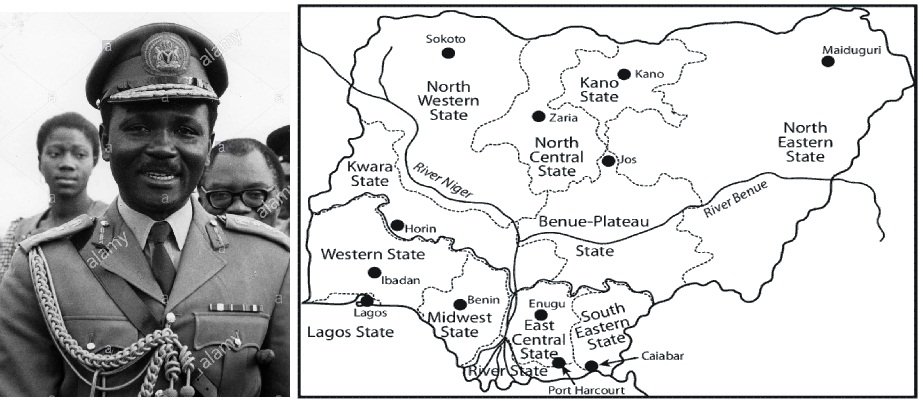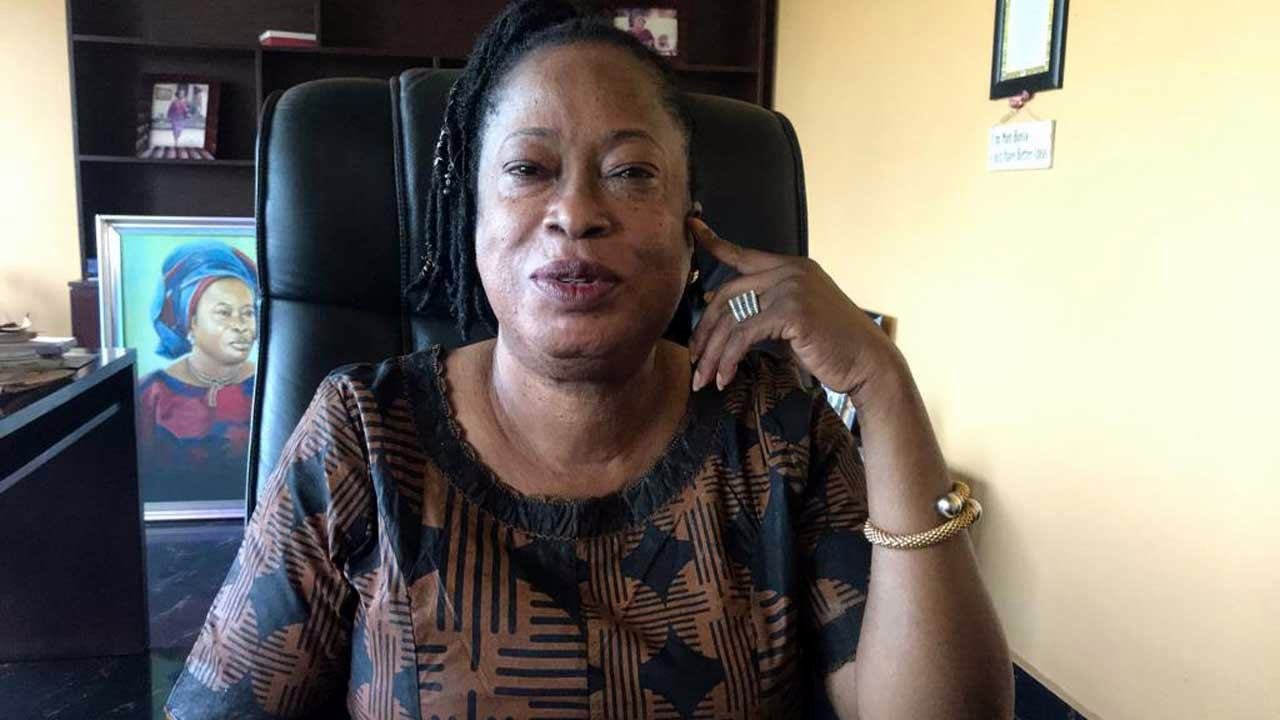Creation of 12 States in Nigeria: A Historical Perspective

Nigeria, a country located in West Africa, has a rich and diverse history. One significant event in its history was the creation of 12 states in 1967.
This decision was made during a time of political and social unrest, as Nigeria was grappling with issues of governance and regional representation.
The Need for Restructuring
Prior to the creation of 12 states, Nigeria was divided into four regions: Northern, Western, Eastern, and Mid-Western.
This regional structure was seen as inadequate in addressing the needs and aspirations of the diverse ethnic groups within the country.
Many felt that a more equitable distribution of power and resources was necessary to ensure stability and progress.
The call for restructuring gained momentum in the late 1950s and early 1960s, with various groups advocating for a more decentralized system of governance.
The demand for regional autonomy was particularly strong in the Eastern region, where the Igbo ethnic group was the majority.
The Gowon Administration
In 1966, a military coup led by Major General Johnson Aguiyi-Ironsi toppled the civilian government.
However, his administration was short-lived, as he was overthrown in a counter-coup led by Lieutenant Colonel Yakubu Gowon in July 1966.
Gowon, who became the Head of State, recognized the need for political reforms to address the grievances of different regions.
In May 1967, he announced the creation of 12 states, effectively dismantling the four-region structure that had been in place.
The Creation of 12 States
The decision to create 12 states was met with mixed reactions.
While some hailed it as a step towards greater inclusivity and regional development, others viewed it as a ploy to weaken the Eastern region, which had been at the center of political tensions.
Each of the 12 states was headed by a military governor appointed by the federal government.
This new structure aimed to give more autonomy and representation to different regions, fostering a sense of unity and cooperation among the diverse ethnic groups.
Let’s take a closer look at the twelve states and their respective governors:
- Bendel State: Colonel Samuel Ogbemudia
- Benue-Plateau State: Police Commissioner Joseph Gomwalk
- Cross River State: Colonel Udoakaha Jacob Esuene
- East Central State: Colonel Chukwuemeka Ojukwu
- North Central State: Brigadier Abba Kyari
- Kano State: Colonel Sanni Bello
- Kwara State: Colonel Ibrahim Taiwo
- Lagos State: Colonel Mobolaji Olufunso Johnson
- Northeastern State: Colonel Musa Usman
- Northwestern State: Police Commissioner Usman Faruk
- Rivers State: Lieutenant Commander Papayere Diette-Spiff
- Western State: Colonel Robert Adeyinka Adebayo
Impact and Legacy
The creation of 12 states had a profound impact on Nigeria’s political landscape.
It provided a framework for regional representation and allowed for the development of local governments that could address the specific needs of their communities.
However, the new state structure also had its challenges.
It led to increased competition for resources and power among the different states, sometimes exacerbating existing ethnic and regional tensions.
Over the years, Nigeria has witnessed further state creations and reconfigurations, with the country currently consisting of 36 states.
These subsequent changes have been driven by various factors, including population growth, demands for resource control, and the need for effective governance.
Conclusion
The creation of 12 states in Nigeria in 1967 was a significant milestone in the country’s history.
It was a response to the demands for regional autonomy and a more equitable distribution of power and resources.
While the new state structure had its challenges, it also paved the way for greater regional representation and development.
Article updated 4 months ago ago. Content is written and modified by multiple authors.









